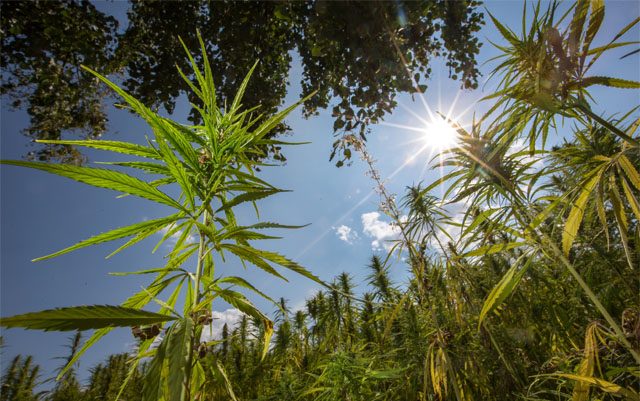No one has it tougher than farmers when it comes to making an honest living. Gambling on the weather, knowing when to hold or sell and having the right recipe for high yields can all keep the pressure on. With the government controlling the import of hemp seeds and further having to update equipment to harvest the layers of hemp, it is no wonder that hemp has had a slow start in the US.
Creating a Sequence in Growing
Getting all your ducks in a row is the biggest hurdle in switching to hemp. Hemp cultivation is closely related to raising wheat. The Midwest region has the perfect soil and prime growing conditions, but making this change is not as easy as it sounds. Some of the hurdles that farmers face include:
- Importing certified seed
- Considering contract options
- Locating production facilities
- Updating farm equipment
- Finding a viable market
Government Interference
While the recent federal farm bills have given the impression that the government is easing up when it comes to the cultivation of hemp, underlying rules and regulations prove otherwise. The DEA requires all commercial industrial hemp growers to:
- Apply for and receive a DEA permit
- Adhere to strict production controls
- Inability to transfer crops across state lines
- Border patrol seizure of certified seed
- Strict requirements on processing plants
While a few states have relaxed regulations on test plots, changing hundreds of thousands of acres to hemp is totally unfeasible. Until hemp is considered a regulation-free grain that can be grown, processed and sold on the national and international markets, all of the defining laws and acts pertaining to hemp are nil.
West Virginia has come closest to trying to raise industrial hemp and have met roadblocks at every turn. From sneaking seeds across state lines to waiting on production facilities to be built, all the talk of legalized hemp on the federal level is just a smoke screen.
Morgan Leach of the West Virginia Hemp Farmers Cooperative says these issues likely will not go away until Congress completely legalizes hemp. And until that happens, the hemp industry likely will not get the one thing it needs most to thrive: money.
The United States Department of Agriculture needs to get more involved in creating solutions to the governmental problems of turning industrial hemp into a viable crop. Perhaps adding hemp to the Specialty Crop Block Grant Program (SCBGP) or introducing a subsidy program for farmers to entice them to take a hard look at growing hemp.
SOURCES:
http://www.morgantownmag.com/morgantown/August-September-2016/High-Hopes-for-a-New-Cash-Crop/
http://nationalaglawcenter.org/wp-content/uploads/assets/crs/RL32725.pdf







I’ve pondered rather than make Hemp be forced to compete for available acres. Why not open up the CRP acres and allow Farmers to experiment. This would or could eliminate the roll of the dice $$$ investment a Farmer faces when deciding which crops to plant. CRP is conservation reserve program in Missouri where Farmers remove acreage from grain production.
I don’t want the Corn, Soybean, Wheat, or other Grain crops to decrease their production- it takes many many bushels to feed the world, unless we are taking trans fat-corn oil out of the picture.